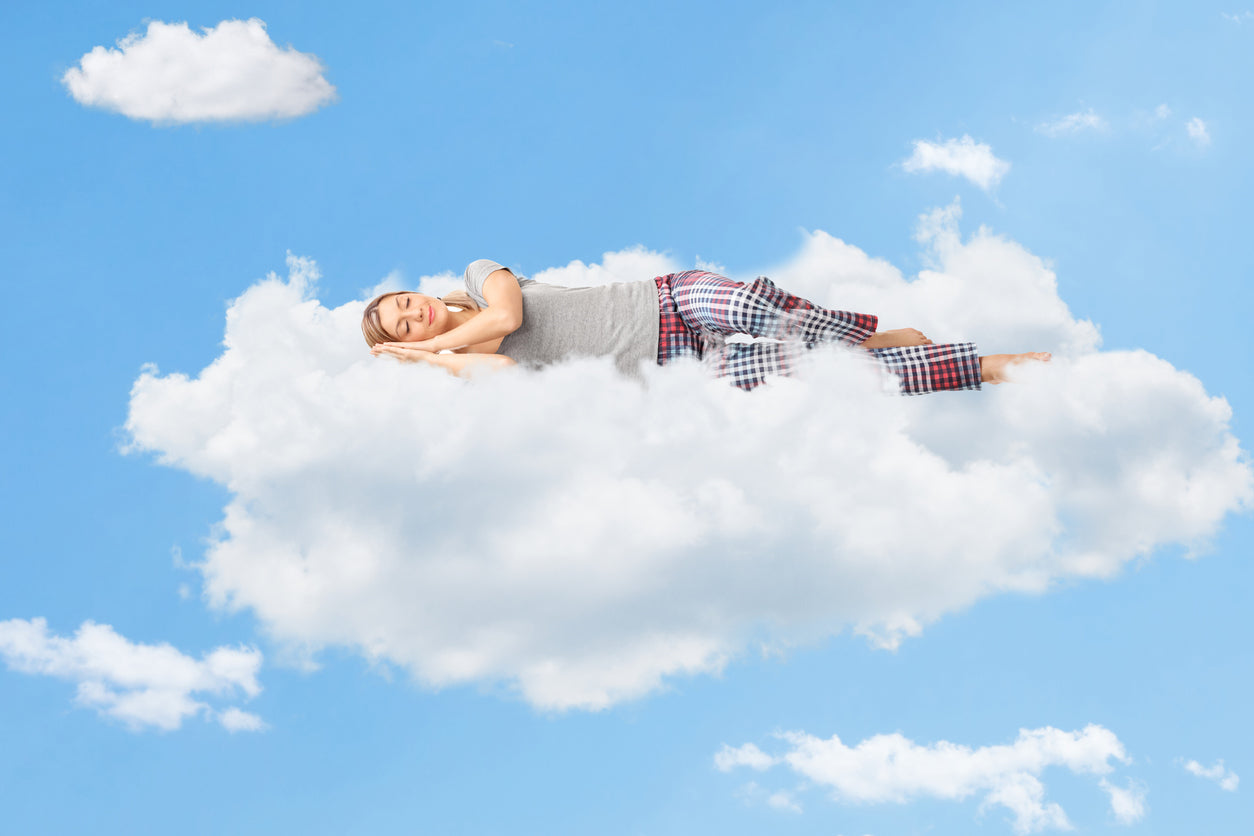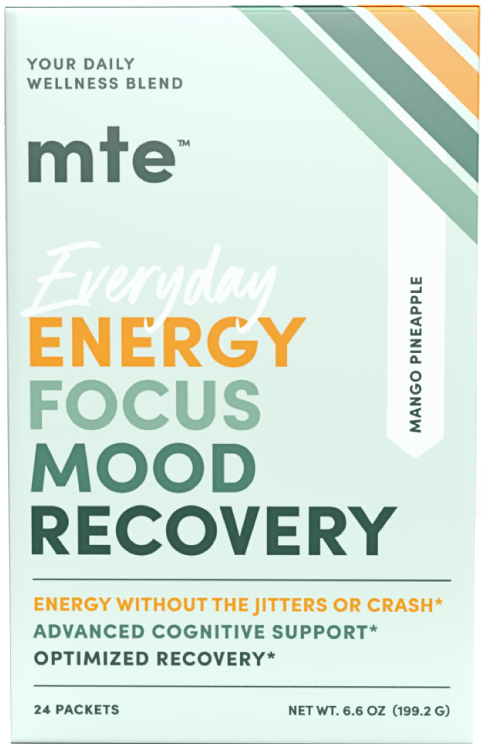
How Does Sugar Consumption Affect the Sleep Cycle?
Of any time of day, for many people, bedtime is the most coveted. It’s the end of the day; it’s finally quiet; there are no more things expected of us for a few hours. Unfortunately, for many people, the sleep they’re getting isn’t the best quality. And there are a host of contributors to that like chronic stress, overloaded schedules, lifestyle choices, health, environmental factors. It seems almost everything you do affects the sleep you get at night.
There’s no shortage of advice on how to support your sleep cycle and the important bodily processes associated with quality sleep. But, still, there are always lurking players that could be culprits of rampant restlessness. One of them is sugar.
Sugar & Sleep: Too Much of a Good Thing Isn’t So Good
While late-night snack habits tend to revolve around sweet treats, it’s counterintuitive. High sugar intake is harmful any time of day, but especially at night. That’s because when you consume sugar, a host of things happen in your body:
- Increases blood sugar levels, which increases alertness and energy levels
- Causes the pancreas to release insulin, which signals the body to prepare for activity
- Uses up magnesium, which is integral to inducing and maintaining sleep
- Stimulates your digestive system, which is supposed to relax and slow at night
In addition, blood sugar crashes can cause you to wake mid-night feeling thirsty, hungry or nervous. Then, when you factor in the health risks of sugar and how those disrupt sleep, the problems compound. For instance:
- High sugar diets can lead to weight gain, which is a main risk factor for sleep apnea.
- Too much sugar increases risk of Type 2 Diabetes, which is associated with chronic poor sleep.
- High sugar diets cause metabolic alterations which can impair brain activity and disrupt processes important for the sleep/wake cycle.
And then there’s all the clinical evidence –
The Clinical Evidence for Sugar as a Sleep Saboteur
There’s a host of literature available on how sugary diets affect sleep negatively. Some of the most recent studies have garnered pretty significant findings:
- A 2018 study found that chronic fructose consumption resulted in decreased REM state sleep.
- A 2019 study found a statistically significant correlation between decreased sleep quality and increased added sugar intake.
- A 2016 study found that people who consumed sugar-sweetened beverages had shorter sleep duration than those who (a) consumed less and/or (b) did not consume them at all.
-
A 2014 study found:
- Low veggie and fish intake coupled with high confectionary and noodle intake were identified as independent factors in poor sleep quality.
- Poor sleep quality was associated with high-carb diets.
- There was a statistically significant positive correlation between energy drink consumption and poor sleep quality.
- A 2018 study found that shorter sleep duration was associated with higher sugar intake and longer sleep duration was associated with lower sugar consumption. In addition, poor sleep quality was associated with diets low in nutritional foods and high in processed and carby foods.
- A 2019 study found that higher dietary GI was a risk factor for insomnia.
- A 2021 study found a direct relationship between higher sugar consumption and lower sleep quality.
- A 2014 study found health disparities in energy drink consumption and sleep duration.
How to Support Daily Energy Levels & Sleep at the Same Time
If you’re thinking, “Okay, so I’ll just switch to the sugar-free options for coffee creamers and energy drinks”, not so fast, because artificial sweeteners aren’t great for sleep either. Or a bunch of other things – they’re high key scary, to be honest. Check out our article: Unreal Sugars Come with Unreal Health Risks.
Anyway, that horrible excuse for a loophole aside, what is there as an alternative to energy drinks and coffee? MTE, of course! MTE is a greens powder comprised of 13 powerful adaptogens, nootropics and superfoods. As a daily healthy energy drink, MTE is really more of a wellness companion, as an energy boost is just the tip of the iceberg, benefits-wise.
This carefully-researched blend of scientifically-backed bioactive plant compounds supports your body’s neurochemical and physiological processes to promote balanced energy and a healthy sleep cycle. We formulated MTE as a substitute for energy drinks and excessive caffeine, providing a healthy alternative that offers all-around support for vitality.
With only 50mg of caffeine and without sugar bombs or artificial sweeteners, adaptogens and nootropics replace excessive caffeine and sugar to support a sustained, even, calm energy throughout the day, and better recovery at night. Plus a bunch of other cool stuff like immune system support, promoting focus and mood health, supporting stress resilience, and promoting healthy inflammatory response.
Wanna know more about this new, natural more-than-energy drink? Check it out.



